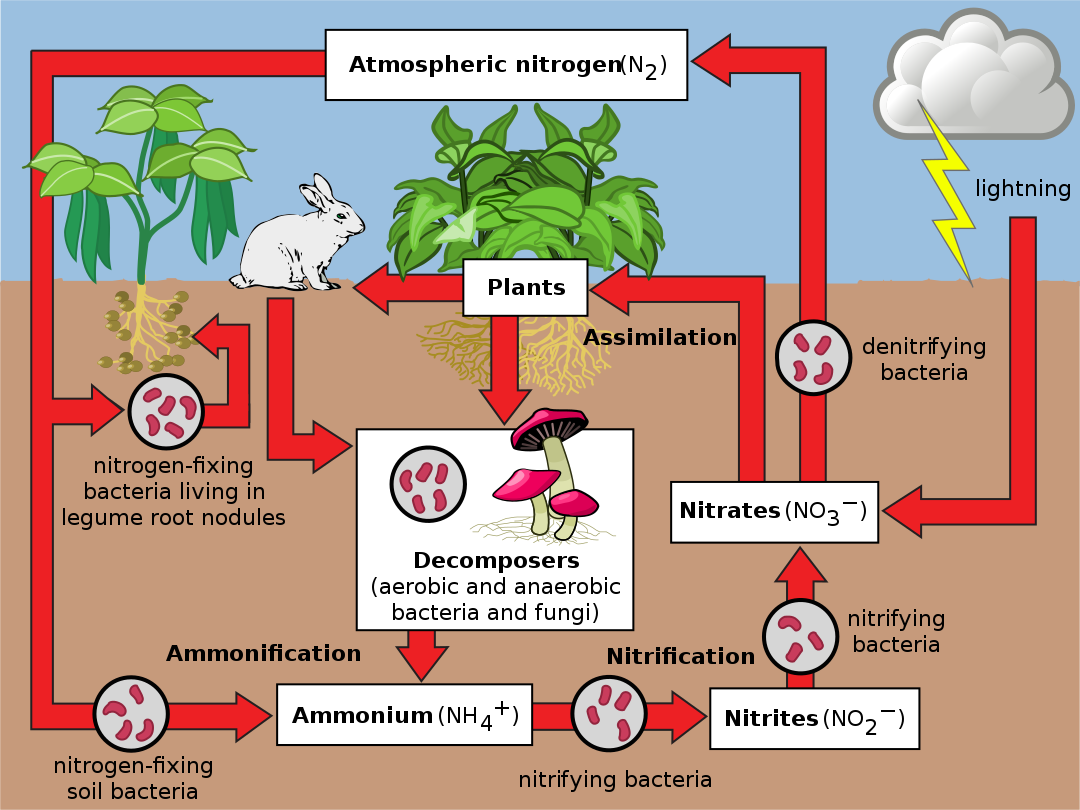It won't affect the color of the sky or clouds, and it won't produce acid rain... but it will produce alkaline rain, which will significantly increase chemical weathering of rocks, putting a lot more silica and metal ions into the water.
Bioavailable nitrogen is a limiting nutrient for most life forms, which is why we put nitrogen in fertilizer, and having that much ammonia available will completely remove that restriction, so, all else being equal, plants life could be much more productive, with associated increases in biomass and biodiversity all the way up the food chain.
However... in an otherwise-breathable atmosphere, ammonia is not stable. It will react with oxygen, and it will react with carbon dioxide (or more accurately, with carbonic acid), leaching CO2 out of the atmosphere. Fortunately (?), ammonia is itself a greenhouse gas... or would be, if it had a longer residence time in the atmosphere.
The biggest problem is that it doesn't have a long residence time in the atmosphere. If you've got that much ammonia floating around along with enough oxygen to be otherwise-breathable, something is constantly producing it in gargantuan quantities, and whatever that is will have significant additional effects on life on this planet, which more likely than not completely invalidates that previous assumption of "all else being equal".

